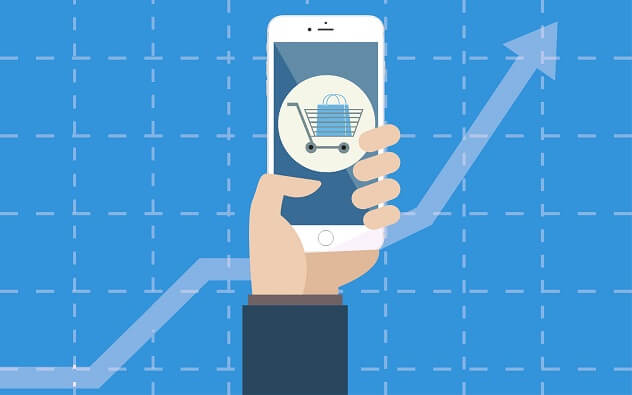
Ecommerce Apps Boost Sales

Our mobile devices play a pretty big part in our daily lives, especially when it comes to shopping online. This is even more true when it comes to shopping via a dedicated app: According to Forbes, 85% of online shoppers prefer native ecommerce apps over ecommerce websites.
An ecommerce app with an intuitive and highly functional build can help online stores boost their sales. Plus, that coveted spot on a customer’s home page and notifications screen can offer additional marketing opportunities and can help build brand loyalty.
What is an ecommerce app?
An ecommerce app—sometimes referred to as a mobile commerce app—is a piece of software that allows customers to browse and purchase items from an online store.
Mobile commerce apps are beneficial both for business owners and their customers. Brands can better engage their customers in a dedicated space and customers can personalize and control their experience. And thanks to platforms like Shopify and Ecwid by Lightspeed, the mobile app development process can be pretty painless, too.
Note that an ecommerce app is different from social commerce—the practice of creating sales channels via social media, i.e. selling on Facebook or shopping via Instagram. While social commerce is a growing and valuable trend, the term ecommerce app refers specifically to a dedicated piece of software associated with a specific brand.
What are the features of an ecommerce app?
While aspects like presentation and design are somewhat different across different ecommerce platforms, all mobile commerce apps have a few features in common—some that are essential, and those that are nice to have.
Essential features of an ecommerce app
- Search and browse functions. Whether it’s searching for a specific item or browsing the latest products, the point of an ecommerce app is to make finding products as easy as possible.
- Shopping carts. All mobile commerce apps need a shopping cart where customers can easily add items, change quantities, and so on.
- Customer support. Sometimes, customers need help navigating an online store, whether they’ve made a mistake with their purchase, or would like to initiate a return or exchange. That process is a whole lot easier when there’s some level of ecommerce customer service within their mobile app.
Optional features of an ecommerce app
- Push notifications. By enabling push notifications, you can notify customers about restocked items, remind them about items still in their shopping carts, and more.
- Multiple payment options. Having multiple payment options creates an easy and seamless checkout process. It also offers customers some added flexibility—they can choose between paying with a credit card, through a service like PayPal, or perhaps with a buy now, pay later provider like Affirm.
Types of ecommerce apps
When it comes to selling to consumers, there are two different types of mobile commerce apps:
- B2C. B2C mobile apps are the most commonly used ecommerce apps today. They connect businesses selling goods and services to individual customers. Examples include apps for online stores like Amazon and Nordstrom.
- C2C. Similarly, C2C ecommerce apps connect two or more consumers so they can exchange goods or services with each other. Examples include apps like eBay and Poshmark.
Advantages of developing an ecommerce app
No matter what type of ecommerce app fits your business model, developing an ecommerce app is beneficial for both business owners and consumers. Here’s how:
- Speed. Ecommerce apps typically store their data locally on mobile devices, making them speedier and more user-friendly than their mobile web counterparts. Faster load times can lead to higher conversion rates and lower bounce rates—meaning customers are less likely to abandon their carts and business owners are more likely to increase their revenue potential with a speedy mobile app.
- Visibility. Having your ecommerce app on your customers’ home screens is a big win. And thanks to features like push notifications, online stores can reach their consumers wherever they are—even if they’re interacting with a different app.
Push notifications are an easy way to encourage consumers to return to your app,
especially if you use them to offer deals or exclusive discounts. That engagement goes a long way: In a 2021 study, Airship found that app users who receive push notifications in their first 90 days have a three times higher app retention rate.
- Personalization. Ecommerce apps allow consumers to personalize their shopping experience, whether it’s saving their sizes or adding their favorite items to a wishlist. In exchange, business owners can get greater insight into what their customers want, and tailor real-time communication to a customer’s specific preferences.
- Brand loyalty. Ecommerce apps also allow business owners to retain customers and boost brand loyalty. And that loyalty goes a long way: According to eMarketer, app users are three times more likely to make a repeat purchase. And they also make up over three times the revenue of other shoppers.
Final thoughts
There’s a good reason ecommerce apps are so popular. With a few essential tools—push notifications, a shopping cart, multiple payment options, and customer support—
these apps make it painless for customers to spend their time (and their money) with your brand.
Beyond that, a dedicated mobile app can help those in the ecommerce industry boost their visibility,


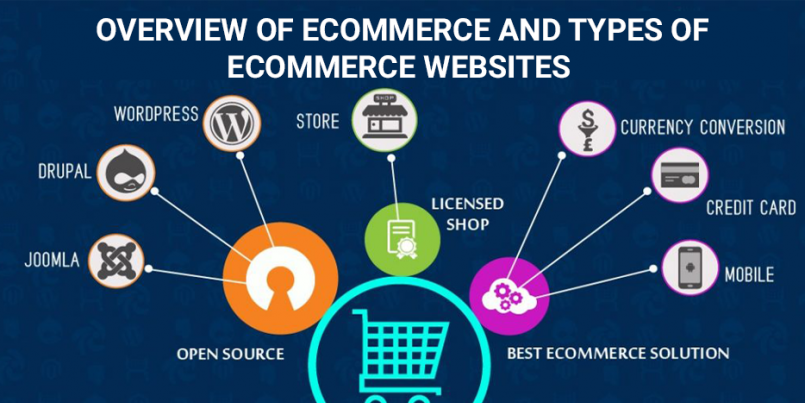

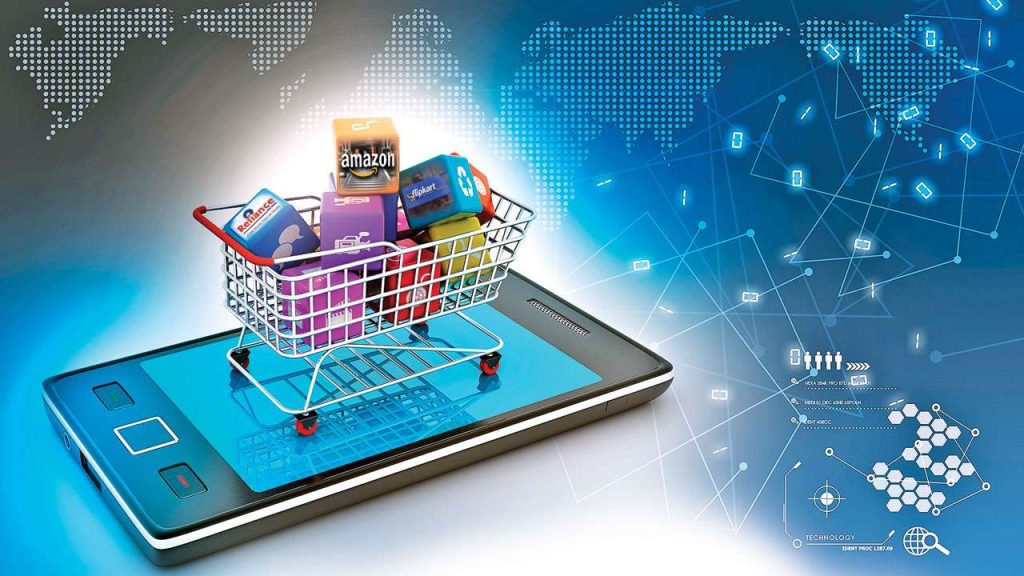
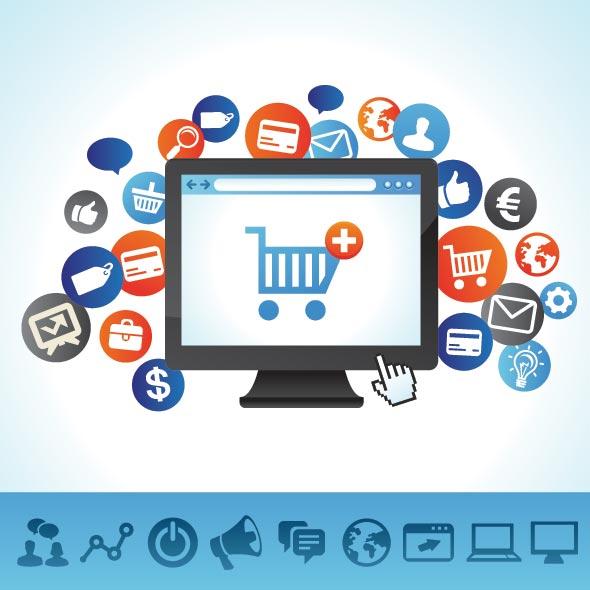
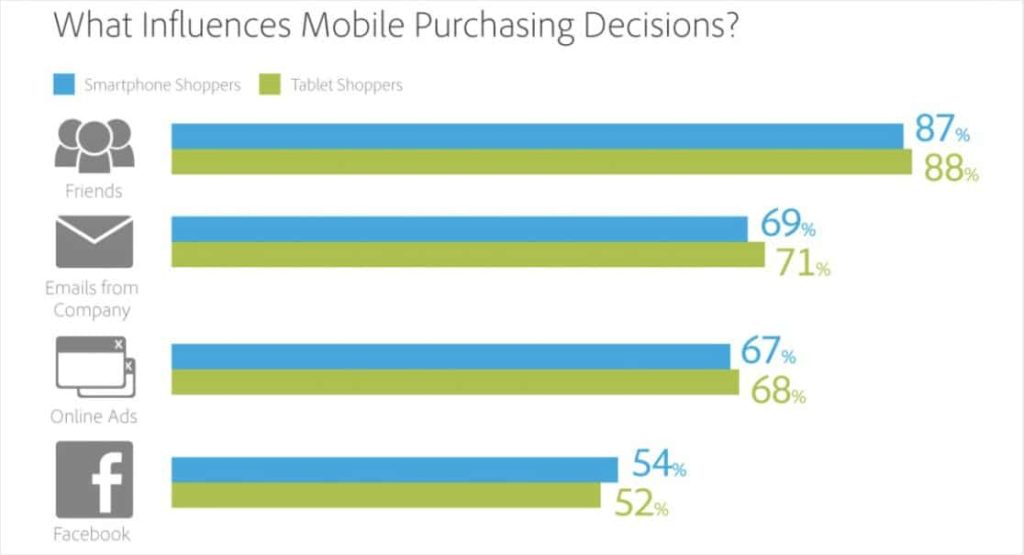
[…] video on dropshipping and affiliate marketing. Within three years, John went from teaching himself e-commerce to running an e-bike company that posted $3 million in revenue […]
[…] may have even tried international shipping services, then given up after one or two bad […]